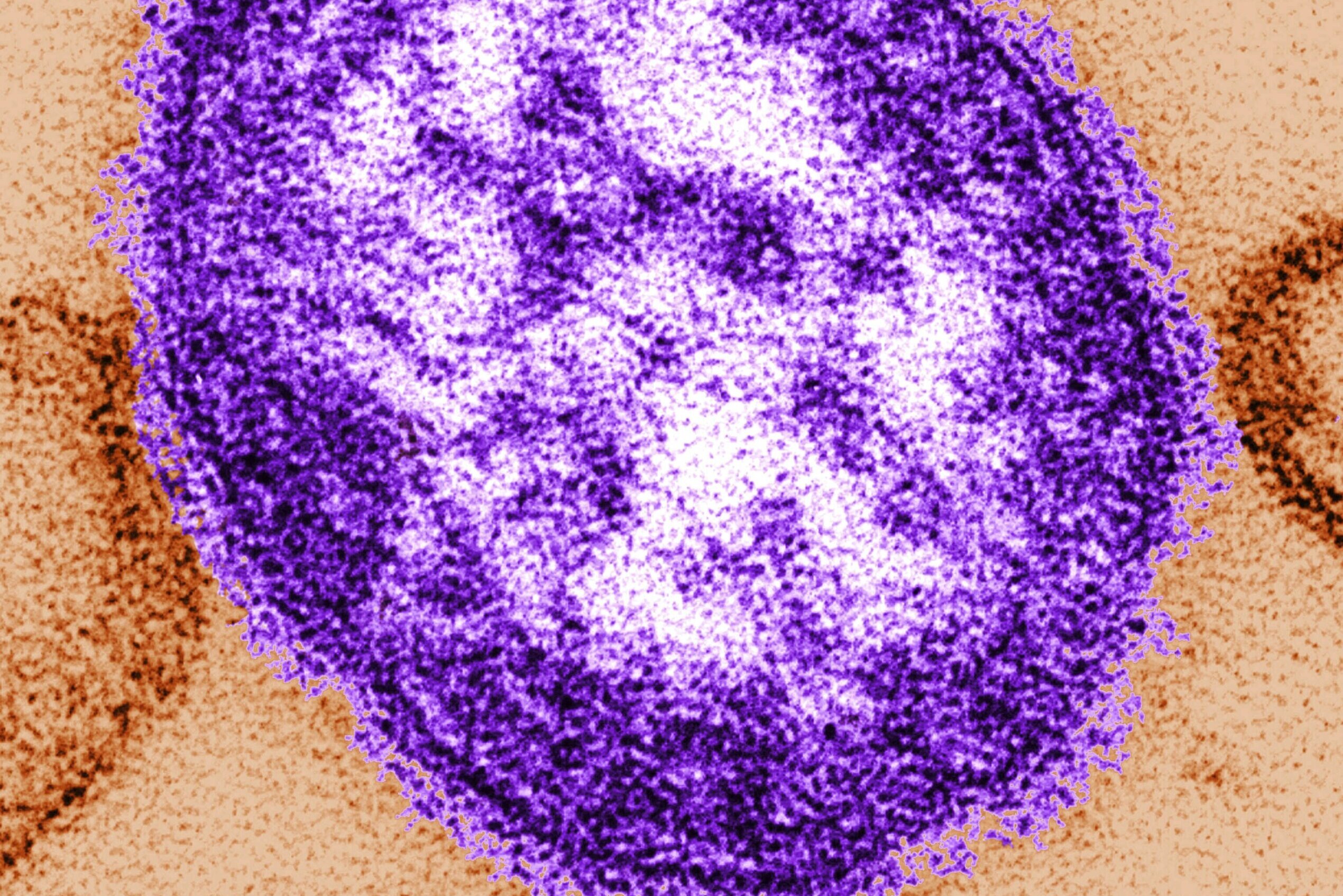Addressing the Youth Mental Health Crisis: What Kids & Adults Must Understand

The alarming rise in youth mental health challenges – depression, anxiety, and beyond – demands urgent attention. It's no longer a niche concern; it's a widespread crisis impacting children and adolescents across communities. While individual struggles are real and impactful, research increasingly points to deep-seated, complex social trends fueling this epidemic. Understanding these trends and how they affect young people, as well as the crucial role adults play, is the first step towards effective intervention and support.
The Root Causes: Beyond Individual Struggles
For too long, mental health challenges in young people have been viewed primarily as individual issues. While personal factors certainly contribute, this perspective overlooks the broader societal context. Several key trends are significantly impacting young minds:
- Social Media & Digital Pressure: The constant connectivity of social media creates a relentless pressure to present a perfect image, fostering comparison, cyberbullying, and feelings of inadequacy. The curated nature of online content often obscures the realities of everyday life, leading to unrealistic expectations and self-doubt.
- Academic Stress & Competition: The increasingly competitive academic landscape, coupled with high parental expectations, generates significant stress and anxiety in many young people. The pressure to achieve top grades and secure prestigious college placements can be overwhelming.
- Economic Uncertainty & Future Anxiety: Young people face a future marked by economic uncertainty, climate change concerns, and social instability. This can lead to feelings of anxiety, hopelessness, and a lack of control.
- Social Isolation & Loneliness: Despite being more connected than ever through technology, many young people report feeling isolated and lonely. Reduced opportunities for face-to-face interaction and a decline in community engagement contribute to this problem.
- Societal Polarization & Division: The increasingly polarized political and social climate can be unsettling for young people, creating a sense of division and uncertainty about the future.
What Kids Need: Practical Support & Validation
Addressing this crisis requires a multifaceted approach that prioritizes the well-being of young people. Here's what kids need:
- Safe Spaces for Expression: Creating environments where young people feel safe to express their emotions without judgment is crucial. This includes open communication with parents, teachers, and trusted adults.
- Emotional Literacy & Coping Skills: Equipping young people with the skills to identify, understand, and manage their emotions is essential. Schools and communities can offer workshops and programs focused on emotional regulation, mindfulness, and stress management.
- Access to Mental Health Resources: Removing barriers to accessing mental health care, including reducing stigma and increasing the availability of affordable services, is paramount.
- Validation & Empathy: Simply listening to young people and validating their experiences can make a significant difference. Adults need to create a culture of empathy and understanding.
What Adults Need to Know: Shifting Perspectives & Taking Action
Adults – parents, educators, policymakers – play a vital role in addressing the youth mental health crisis. Here's what adults need to understand:
- Mental Health is Health: Treating mental health with the same importance as physical health is fundamental.
- Stigma is a Barrier: Challenging the stigma surrounding mental illness is essential to encourage young people to seek help.
- Early Intervention is Key: Addressing mental health concerns early on can prevent them from escalating into more serious problems.
- Self-Care is Essential: Adults need to prioritize their own mental health to effectively support young people.
- Collaboration is Crucial: Addressing this complex issue requires collaboration between families, schools, communities, and mental health professionals.






